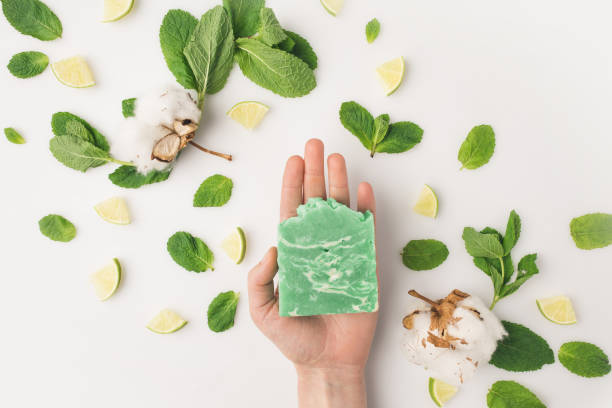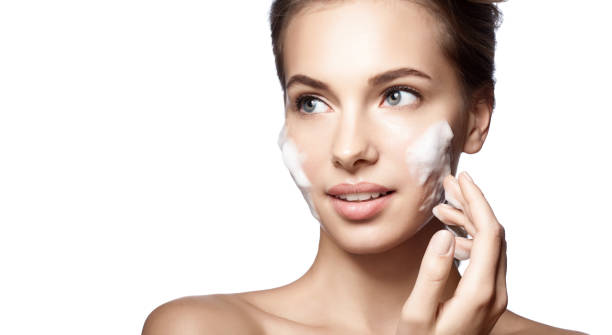Winter is a wonderful season with fond memories of your childhood, snow covered landscapes, and warm blankets. It’s the time to dig out the sweaters, jackets and hoodies. But the season demands taking extra care of your overall health, especially your body’s largest organ, the skin. Taking care of your skin in the winter requires a few simple changes to your routine.

Your skin is one of the most sensitive body parts. The cold dry air that comes with the winter season, combined with dry indoor heating and hot showers, wreak havoc with your skin. Dry, damaged skin can be uncomfortable and even painful. It can also be unsightly, affecting your level of self-confidence and well-being.
Here are a few tips to keep your skin healthy and glowing:
Stay Hydrated

In the winter, you don’t lose body fluids the in the same way you do in the summer heat. So you drink less water which can lead to dehydrated skin. Proper hydration is essential for healthy, vibrant skin. You need to be particularly mindful of this in the cold, winter months and stay hydrated by increasing your fluid intake.
Drink Plenty of Water

The National Academies of Science, Engineering and Medicine tell us the average daily fluid intake for men should be 15.5 cups and 11.5 cups for women. This underscores the old saying “you should drink 8 glasses of water a day”. Remember, about 60% of our body weight is water. Every cell in the body needs water to carry out its normal functions.
Munch on Veggies

It is estimated that about 20% of the fluid you need every day comes from the food you eat. So add some fresh vegetables to your diet. They’re full of vitamins and minerals that are good your skin. Green vegetables, fruits, and plenty of water will support healthy skin and help prevent dehydration. Need better skin? …watch your diet.
Add Omega-3 Fatty Acids to your Diet

Add omega 3 fatty acids to your diet through fresh foods and supplements that support healthy skin. Proper nutrition protects your skin from possible damage that can occur during changing seasons.
Avoid Chemical-Filled Soaps

Watch the soaps that you use. Try to replace them with a natural product. Look for soap with organic ingredients that nourish the skin rather than mass-produced soap with added chemicals that cause more harm than good. Using the right soap is essential to taking care of your skin in the winter. And avoid hot showers that rob your skin of its natural oils.
Exfoliate

Your skin is naturally rejuvenating itself every day. As you age, this process slows down. With gentle exfoliation, you are encouraging the natural restorative properties of the skin. This helps to get rid of dead skin cells on the surface and exposes fresh, brighter skin with a smoother, more even texture.
Gentle is the key to healthy exfoliation. Don’t scrub your skin to the point where it’s painful and becomes irritated, red, and sore to the touch. Gentle exfoliation two to three times a week is about right for normal skin.
Moisturize

Purchase a moisturizer that suits your skin. Use a rich, oil-based moisturizer during the winter months. Using a sunscreen with an SPF of 30 on exposed areas is always recommended. There are excellent skin products available from leading brands like Neocutis and Skinceuticals. These products can transform rough, dried skin and improve its texture and overall feel.
Neocutis and Skinceuticals restorative creams and serums are available only through physicians and skincare providers. They can dramatically improve your skin tone and make it visibly smoother and more firm to the touch.
Skin Peels

Chemical skin peels are popular and effective procedures that can give your skin a healthy, more radiant appearance. They’re designed to gently remove dead skin cells and stimulate your skin’s natural rejuvenation process. Some skin peels help to even skin tone by directly targeting areas damaged by the sun or that appear uneven or discolored due to hyperpigmentation, blemishes, acne, or melasma.

These are some of the best tips to maintain healthy, vibrant skin throughout the winter season. Your skin or epidermis is the largest, fastest growing organ in your body. Make the extra effort in taking good care of your skin in winter…you have to wear it every day.
